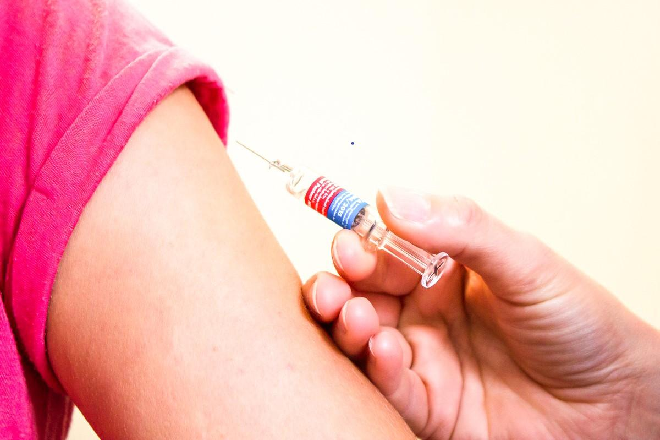Vaccine roll-out should be embraced by Australians

Dr Cathy Foley
The development of vaccines for COVID-19 has been described as a modern day miracle, with more than 200 million people already vaccinated around the world, barely a year after the seriousness of the pandemic became clear.
The speed of vaccine development is unprecedented. It is remarkable and it is to be celebrated.
But it is no miracle. We have vaccines because of a combination of Government investment, scientific cooperation, and scientific readiness.
The research needed to develop the different COVID-19 vaccines didn’t materialise in 2020; it was already being done in laboratories around the world, including in Australia. We already knew how these vaccines might be built.
It was an Australian team of scientists, at the Doherty Institute, who mapped the immune response to COVID-19 in March 2020, tracking how the body responds to infection.
The success shows what we can achieve if we set our mind to a common goal.
Now, it is time for Australians to come together again, this time to get vaccinated.
When it’s my turn, I will be in the queue for the vaccine. I will continue to follow all the advice on keeping safe – social distancing, mask wearing and hygiene measures – but I will feel safer after receiving the vaccine.
This is because the efficacy of both the Pfizer and AstraZeneca vaccines have been demonstrated and the data has been assessed by our own regulator, the Therapeutic Goods Administration.
It is also because I understand and trust the scientific process. I have watched with interest as the results of vaccine trials have been reported and vaccine roll-outs have been analysed, and to date there is nothing to shake my confidence.
I am a member of the COVID-19 Vaccines and Treatments for Australia – Science and Industry Technical Advisory Group, chaired by Dr Brendan Murphy. This group has the task of advising government on the safety and effectiveness of potential COVID-19 vaccines, tests and treatments, and on issues associated with the manufacture and distribution of vaccines and treatments.
The enormous benefits of medical advances, including the invention of vaccines, are perhaps best illustrated by our increasing lifespan.
Boys born in Australia in 2019 can expect to live to 81 and girls to 85. But research based on the epigenetic “clock” suggests the natural human lifespan might be just 38 years. The work, led by CSIRO molecular biologist and bioinformatician Benjamin Mayne, involved analysis of DNA methylation, which is associated with ageing.
It is a finding that encapsulates human ingenuity and highlights the very significant benefits of modern medicine.
Alongside the excellence of Australian science and the rigour of our nation’s regulatory processes, it underlies my strong support for vaccination. This is why I will be rolling up my sleeve when it’s my turn.
I urge Australians looking to find out more about vaccination to get their information from reputable sources such as the Therapeutic Goods Administration, the Department of Health, and scientific experts such as the Australian Academy of Health and Medical Sciences.
